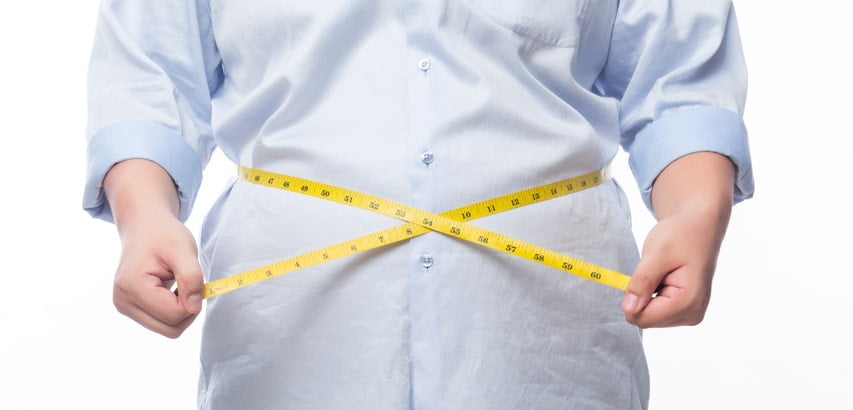
There are many methods available today to help you lose weight. Using a gastric band, or LAP-BAND, is just one way you can effectively reach your weight loss goals. However, it may not be the right option for everyone. Approximately 20% of patients will not lose the amount of weight they expected from this procedure. Fortunately, there are alternatives available to help these patients achieve the results they desire. Corrective procedures, like LAP-BAND conversions, can be done. The bariatric surgeons at Birmingham Minimally Invasive are here to help you determine if this procedure is right for you.
What is a LAP-BAND Conversion?
A LAP-BAND conversion to sleeve, also known as a gastric band-to-sleeve conversion, is a bariatric procedure. It involves removing an existing gastric band, also known as a LAP-BAND, and replacing it with a gastric sleeve, which reduces the size of the stomach by about two-thirds. This procedure is less invasive than other weight loss surgeries as it is typically performed on an outpatient basis and does not alter any part of the gastrointestinal system. While removal of the band alone is possible, it may lead to the patient regaining the weight they previously lost.
Ideal Candidates for LAP-BAND Conversion
Ideal candidates for this procedure are those who have a LAP-BAND but are not experiencing the results they desire. You may also have complications that force you to remove the band but still want to continue your weight loss journey through the use of bariatric surgery. Converting the LAP-BAND to a gastric sleeve often produces better results than other weight loss methods for these patients. However, your surgeon can further discuss the benefits and risks of this procedure with you as part of your initial consultation to determine if you are a suitable candidate.
Side Effects of LAP-BAND Conversion
Since a LAP-BAND conversion is a repeat operation performed on an individual who has already had bariatric surgery, it does increase the risk of potential side effects. These include an increased risk of bleeding, post-operative leaks, and the need for an open operation instead of a laparoscopic one for both the gastric sleeve and band removal procedures. This risk and the side effects experienced may vary. However, your surgeon can discuss these with you during your initial consultation.
Gastric Sleeves: The Next Step in LAP-BAND Conversion
Once the LAP-BAND is removed as part of the conversion procedure, it is replaced with a gastric sleeve. While it sounds like another band will be added to the stomach in place of the original device, this procedure actually changes the structure of the stomach. These structural changes reduce the size of the stomach, thereby limiting the quantity of food you can eat and the number of calories you consume.
Since you are already under anesthetic for the LAP-BAND removal, the gastric sleeve procedure can be done faster than a standalone surgery. Performed laparoscopically, this procedure does not involve large abdominal incisions. After your LAP-BAND is removed, your surgeon will divide your stomach in a vertical manner to remove a major portion of it, about two-thirds. The remaining portion is joined together using surgical staples, resulting in a smaller stomach.
Get the Results You Desire With LAP-BAND Conversion
Bariatric surgery can be an effective method of weight loss. However, not every procedure is right for every patient. If you have a LAP-BAND and are not experiencing the results you desire, a LAP-BAND conversion may be a better fit. The surgical team at Birmingham Minimally Invasive Surgery can help you determine if you are a candidate for this procedure. Contact us to set up an initial consultation today!
Enhance Your Weight Loss With BMI’s LAP-BAND Conversion
If you’re not sure whether you are a candidate for a LAP-BAND Conversion, the experienced bariatric surgeons at Birmingham Minimally Invasive Surgery can help. We are available to answer any questions and concerns you may have about this procedure or other weight loss methods. If you have specific concerns or questions, contact BMI for personalized support. You can call us anytime at (205) 858-1211.

